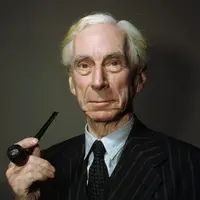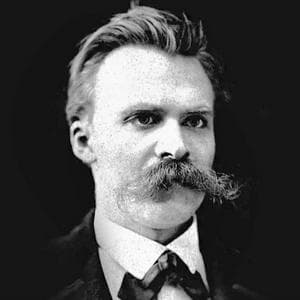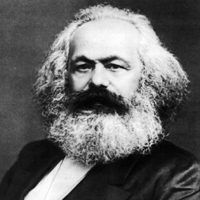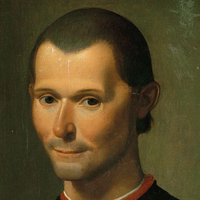Bertrand Russell MBTI性格类型
性格
"Bertrand Russell是什么人格? Bertrand Russell是MBTI中的ENTP人格类型,九型中的5w6 - so/sp - ,五大类型中的SCUAI,Socionics中ILE类型。"
Bertrand Russel: ❝The secret of happiness is this: let your interest be as wide as possible and let your reactions to the things and persons who interest you be as far as possible friendly rather than hostile.❞ Social Seven: ❝He lacks the intellectual sobriety to be able to stop and build knowledge in small steps, deepening, synthesizing. By becoming permeable to various types of knowledge, he limits his intellectual development. Everything that emerges again from the knowledge process leads him back to what he already knows, to sometimes with extreme superficiality and synthesis, and quickly rediscusses it in a critical way. This activates in the interlocutor the perception that the mind of the social Seven can contemplate anything and the opposite, in a kind of cognitive polymorphism.❞
背景
Bertrand Arthur William Russell, 3rd Earl Russell, (18 May 1872 – 2 February 1970) was a British philosopher, logician, mathematician, historian, writer, essayist, social critic, political activist, and Nobel laureate. At various points in his life, Russell considered himself a liberal, a socialist and a pacifist, although he also confessed that his sceptical nature had led him to feel that he had "never been any of these things, in any profound sense." Russell was born in Monmouthshire into one of the most prominent aristocratic families in the United Kingdom. In the early 20th century, Russell led the British "revolt against idealism". He is considered one of the founders of analytic philosophy along with his predecessor Gottlob Frege, colleague G. E. Moore and protégé Ludwig Wittgenstein.















